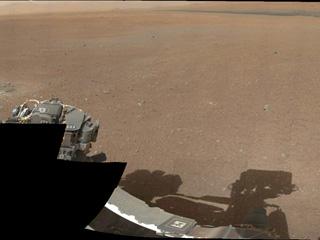
This is the first 360-degree panorama in colour of the Gale Crater landing site taken by NASA's Curiosity rover on Mars. Photo: NASA/JPL-Caltech/MSSS.
WASHINGTON (PTI): Giving new insight into the Mars landscape, NASA's Curiosity has sent first set of colour images from the 'Red planet', the US space agency said.
The agency said the set of images give first coloured horizon-to-horizon glimpse of the Gale Crater.
"After a year in cold storage, where it endured the rigors of launch, the deep space cruise to Mars and everything that went on during landing, it is great to see our camera is working as planned," said Mike Malin, principal investigator of the Mastcam instrument from Malin Space Science Systems in San Diego.
"As engaging as this colour panorama is, it is important to note this is only one-eighth the potential resolution of images from this camera," he added.
The Curiosity team also continued to downlink high-resolution black-and-white images from its Navigation Camera (Navcam).
These individual images have been stitched together to provide a high-resolution Navcam panorama, including a glimpse of the rover's deck.
Evident on some portions of the deck are some small Martian pebbles, NASA said in a statement.
The images show the rocket engines on descent stage kicked up some material from the surface of Mars, several pieces which ended up on rover's deck.
"These small pebbles we currently see are up to about 0.4 inches in size and should pose no problems for mission operations.
It will be interesting to see how long our hitchhikers stick around," said Mike Watkins, mission manager for Curiosity from NASA's Jet Propulsion Laboratory (JPL) in Pasadena, California.
Curiosity carries 10 science instruments with a total mass 15 times as large as the science payloads on NASA's Mars Exploration rovers Spirit and Opportunity.
Some of the tools, such as a laser-firing instrument for checking rocks' elemental composition from a distance, are the first of their kind on Mars.
Curiosity will use a drill and scoop, which are located at the end of its robotic arm, to gather soil and powdered samples of rock interiors, then sieve and parcel out these samples into the rover's analytical laboratory instruments.
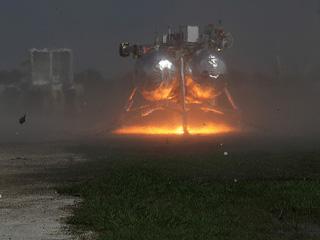 Previous Article
Previous Article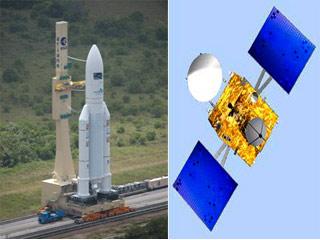 Next Article
Next Article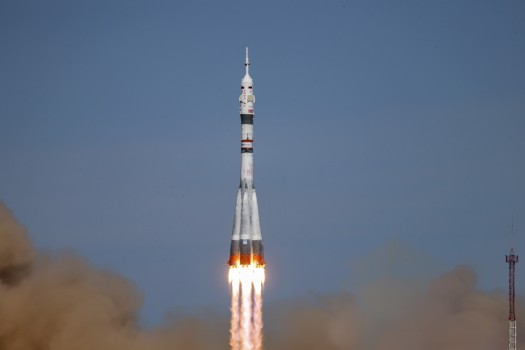

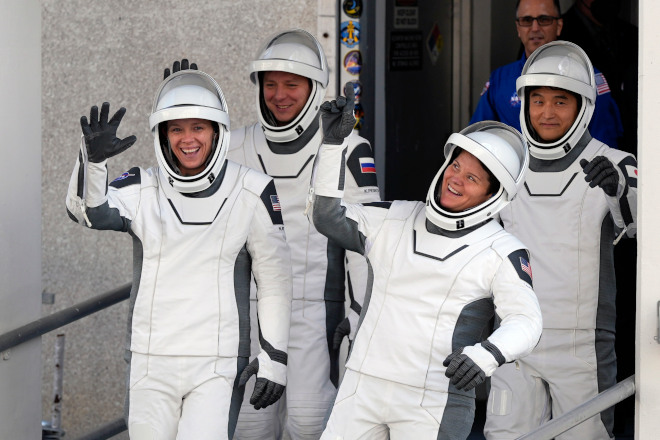











The Indian Air Force, in its flight trials evaluation report submitted before the Defence Ministry l..
view articleAn insight into the Medium Multi-Role Combat Aircraft competition...
view articleSky enthusiasts can now spot the International Space Station (ISS) commanded by Indian-American astr..
view article